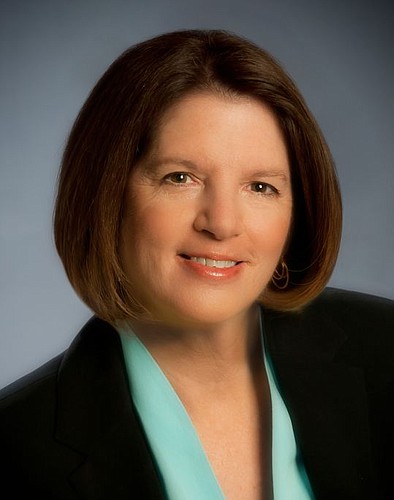
After years of talk about the need for a revitalized Jacksonville Landing, new renderings and a plan have been established.
A project manager has been selected.
But, the $11.8 million Mayor Alvin Brown wanted to borrow to help reshape the Downtown venue is on hold.
So is the plan to spend $43 million to expand Trail Ridge Landfill. As is the more than $4 million required to tear down the old county courthouse. And the $1 million slated to help with the harbor deepening project.
They all were in Brown’s $111 million capital spending plan for the coming fiscal year. It’s possible some, or even all, of those ideas won’t happen this year.
Instead of simply amending the plan, the nine-member City Council Finance Committee has taken a different approach to how it will spend.
The group has continued the budget approach it began last month — living within city revenue, eschewing further borrowing that could mean a bigger tab in future years.
That means Brown’s $111 million capital plan for fiscal 2014-15 is on hold until the committee figures out the next steps throughout September. In all, Brown has proposed borrowing $230 million for all expenses next year.
Council member Lori Boyer led the change in philosophy for the capital plan during the early part of Friday’s meeting.
She told the committee that with rising, uncontrollable costs in pension and health care requiring more funding each year, the cost of debt service had to be controlled to ensure everyday services could still be funded. That means new borrowing has “reached the end of the line.”
“It’s too much debt,” said council member Bill Gulliford. “It’s just too much debt.”
Gulliford was joined by council President Clay Yarborough, council members John Crescimbeni and Bill Bishop and others who showed support for the way to tackle the capital plan.
Projects approved in prior years still have $164 million in authorized borrowing, meaning the city could borrow for them without council approval. Some have been sitting on the shelf. Others, like the Southbank Riverwalk are underway and will need such borrowing to be completed.
Some of the past projects not yet done could be cut out altogether.
As part of a clean-up of sorts, the committee will start paring down past capital improvement plans by de-authorizing and closing them in the coming weeks. Affected department heads still have the opportunity to stake their claim as to why they should remain.
Cash balances that remain in some of the projects, complete or not, could be pooled for whatever plan council ends up approving.
With that done and the current plan frozen, the committee will have to figure out how much could then be spent.
The city is expected to pay off $68 million worth of debt next year, according to the city treasury department.
If it went by that figure, the committee’s philosophy would mean subtracting obligated items like vehicle replacements and Fire and Rescue Department equipment off the top. After that, the difference could be the amount left for whatever projects the group decides should have funding next year.
Boyer, Gulliford and council member Matt Schellenberg will meet this week to talk more about the plan.
Boyer’s push and the committee’s stance came a week after it received a new capital improvement plan. The week before, she listed several examples of inaccuracies within the plan.
The continued frustration with the plan and project accounts led her Friday to ask for a member of the treasury department be put under oath when talking about the plan. It’s been common for funds borrowed from one authorized project to be transferred to another and Boyer wanted to ensure accuracy.
Chris Hand, Brown’s chief of staff, took to the podium to offer a strong, formal objection to any staff member being sworn in. Staff members, he said, were there to provide information, not testimony.
Council rules allow for a person addressing council to be put under oath. Gulliford suggested the idea conveyed the seriousness of the matter, while Ronnie Belton, Brown’s chief financial officer, said there was no lack of seriousness on the finance team’s part.
Not including one-time dollars or spending from reserves, Brown’s budget has just under a $30 million hole.
The committee chipped away at the amount Friday by eliminating some year-over-year departmental increases along with positions but not filled for more than 150 days.
The committee will meet again Wednesday after its regularly scheduled 9 a.m. meeting.
@writerchapman
(904) 356-2466